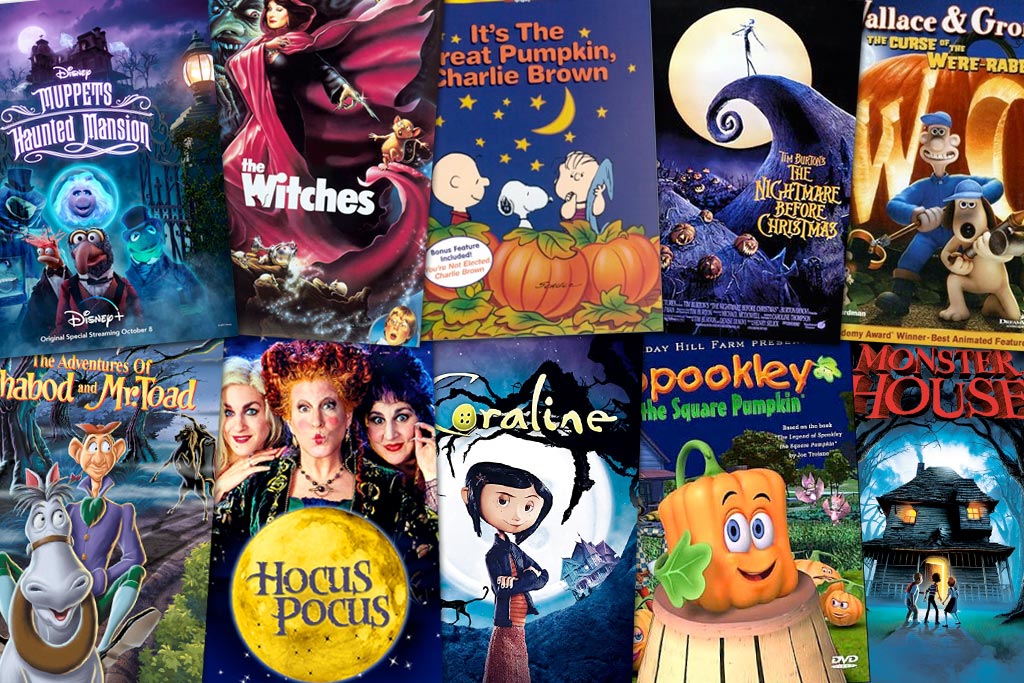Explore Insights with A4J6
A hub for the latest trends and information.
Cinematic Whirlwind: Why We Can't Resist a Good Plot Twist
Discover why plot twists keep us on the edge of our seats! Unravel the secrets behind cinematic magic and surprise endings.
The Psychology Behind Plot Twists: Why They Captivate Us
The psychology behind plot twists is a fascinating realm that delves into human cognition and emotional engagement. When a story suddenly shifts direction, it triggers a rush of dopamine in our brains, captivating our attention and sparking curiosity. This unexpected turn not only keeps us on the edge of our seats but also challenges our mental patterns and assumptions, forcing us to rethink the narrative we thought we understood. As we navigate through these shocking revelations, our minds become active participants, making the experience more immersive and rewarding.
Moreover, plot twists serve an essential purpose in storytelling by enhancing emotional resonance. When characters face unforeseen challenges or betrayals, it deepens our connection to their journeys and evokes stronger emotional responses. This dynamic can evoke a range of feelings, from shock and disbelief to empathy and excitement. Ultimately, the thrill of a well-placed twist not only boosts our enjoyment of narratives but also leaves a lasting impact, ensuring that the story lingers in our minds long after we've turned the last page.

Iconic Plot Twists in Film History: A Deep Dive
The world of cinema is replete with iconic plot twists that have left audiences gasping and re-evaluating the entire narrative. From the shocking revelation in Fight Club that Tyler Durden is actually a figment of the narrator's imagination to the haunting twist in The Sixth Sense where Dr. Malcolm Crowe realizes he has been dead all along, these moments not only redefine character arcs but also challenge viewers' perceptions. Each twist adds layers of complexity to the storyline, compelling the audience to reflect on the events leading up to the climactic moment.
Moreover, some plot twists have become benchmarks for storytelling, shaping the expectations of generations to come. Consider the unforgettable line from Star Wars: Episode V - The Empire Strikes Back when Darth Vader reveals his true identity to Luke Skywalker: 'I am your father.' This moment not only changed the course of the saga but also elevated the concept of the family dynamic in cinematic storytelling. As we delve deeper into these cinematic masterpieces, it becomes clear that the artistry of a well-executed twist has the power to transform a simple story into a memorable experience.
What Makes a Plot Twist Effective? Exploring the Elements
When it comes to storytelling, a compelling plot twist can redefine the entire narrative and enhance its emotional impact. An effective plot twist typically hinges on foreshadowing, allowing clues to be subtly woven throughout the story without revealing the twist itself. For instance, an unexpected revelation may challenge the reader's perception of a character or scenario, making the twist not only surprising but also satisfying. Key elements to consider when crafting a plot twist include the timing of the reveal, the plausibility of the twist, and the emotional resonance it generates.
Moreover, the context in which a twist is presented plays a vital role in its effectiveness. The twist must feel earned rather than forced, producing a cathartic experience for the audience. A well-executed plot twist often leads to a re-evaluation of prior events, encouraging readers to revisit the text with fresh eyes. To achieve this, it’s essential to utilize character development and narrative tension in a way that supports the twist's believability and impact. Ultimately, the effectiveness of a plot twist lies in its ability to elevate the story and leave a lasting impression on the audience.